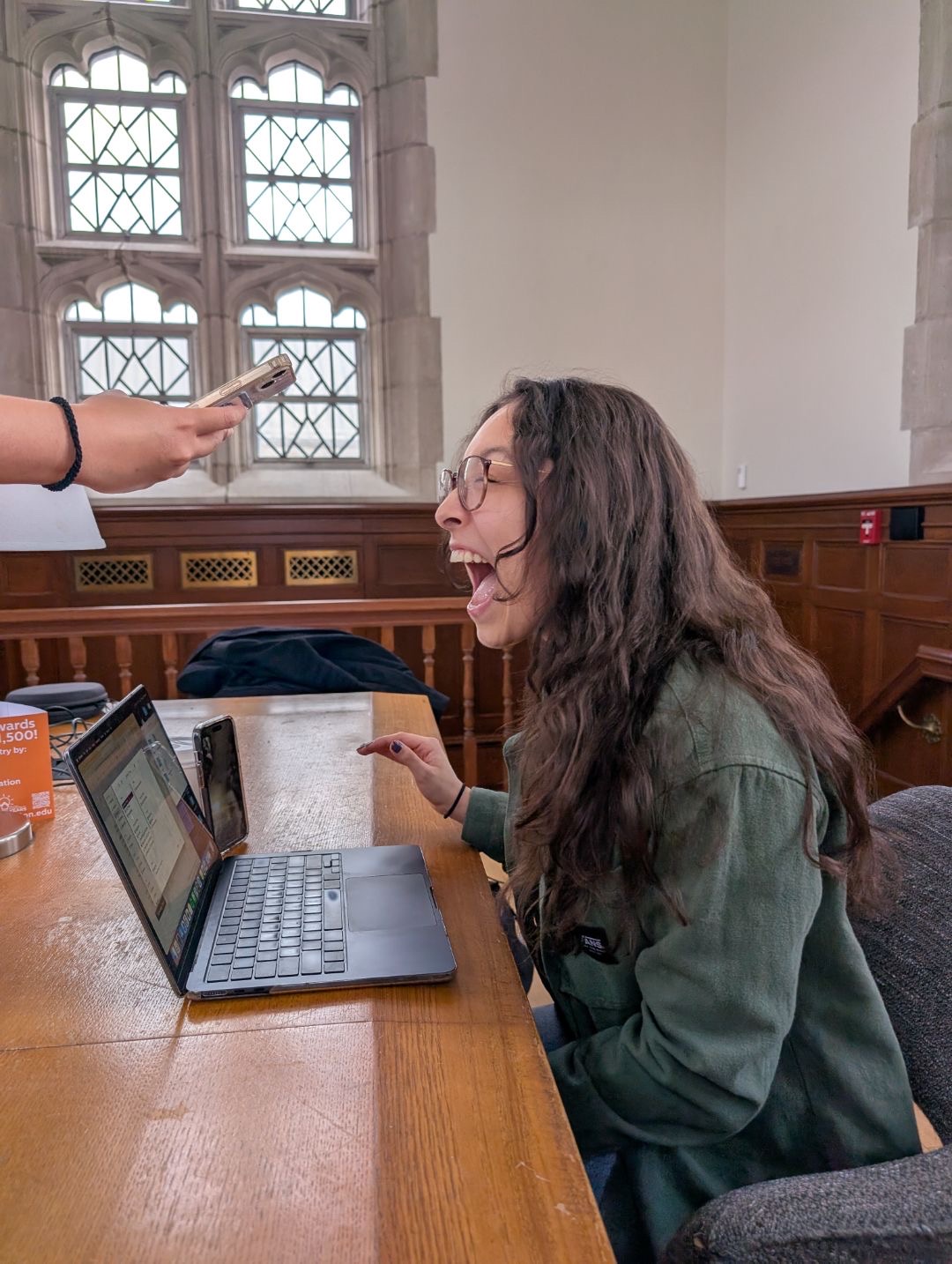Starting over your thesis less than three months before it is due is, needless to say, not ideal. And yet, that is exactly the situation I found myself in at the start of this semester.
In early September, I had set out to research the immigration policy preferences of Latinos born in the United States. I applied for funding from the Politics Department to carry out paid interviews in order to learn more about participants’ political views and immigration backgrounds. To make a very long story short, however, due to complications in the timeline of my interviews and limitations surrounding the sample size I was able to secure, by late January, it was clear I would have to scrap the nearly forty pages I had written to change my thesis topic—and change it fast.
The day that I realized this would be the case, I started frantically sending out emails to my thesis advisor and the relevant faculty members in the Politics Department. By the next morning, I was on the phone with my thesis advisor discussing possible next steps, setting up office hours with my professor who I view as a mentor, and chatting non-stop with my close friends about what I should do. A billion worries and ideas swirled around in my head non-stop for these first twenty-four hours until I finally accepted that changing my topic would be the best course of action. After what seemed like dozens of conversations with the people around me, I settled on expanding my junior paper topic.
From the moment my thesis advisor and I settled on this decision, I spent every single day in the basement of Firestone Library compiling the research I would need to bring a new thesis together. I started the now familiar process of compiling a literature review and the possible primary sources that I would be using. My advisor helped me establish a new timeline for myself with realistic internal deadlines, and the faculty in my department reassured me that I’d have their support.
During all of this turmoil, I was not alone. I spent every day receiving support from—and giving support to—my friends. Although we were all at different stages of our writing at this point, being in each other’s company gave us not only the morale, but the accountability to do what we needed to do. This meant scheduling breaks to go get coffee or takeout, and changing locations every time we got tired of the same four walls. It meant staying up until late at night, but getting to leave the building and walk back to our dorms together. By the end of spring break, I had four out of seven chapters written. By April 13, after two months that now feel like a blur, I submitted my completed senior thesis in the tower of Firestone while surrounded by some of my closest friends and my family on the phone.
For any prospective students reading this, I want you to know that the purpose of sharing my story is not to freak you out, or to scare you away from the possibility of having to write a senior thesis while at Princeton—starting over is not by any means the norm. But if you take one thing away from my experience, it’s that even if things go wrong, the key to surviving the senior thesis is an incredible support system—one that you are guaranteed to find here at Princeton.
Every part of my thesis journey has proven this much. From having an advisor and a department that were immediately willing to communicate with me when I started considering changing my topic, to having other professors on campus to lean on for advice and support during the process, to having friends that never stopped believing in me, to having loved ones back home that were always willing to answer the phone when I felt like crying—despite the enormous obstacle that I faced, I made it through as a testament to the support system I had around me. In the end, I submitted a thesis that I am proud of given the time that I had, and I feel excited about the prospect of doing research again in the future. I know the thesis seems intimidating, but believe me when I say that you will always find people who want you to succeed—and you will.







